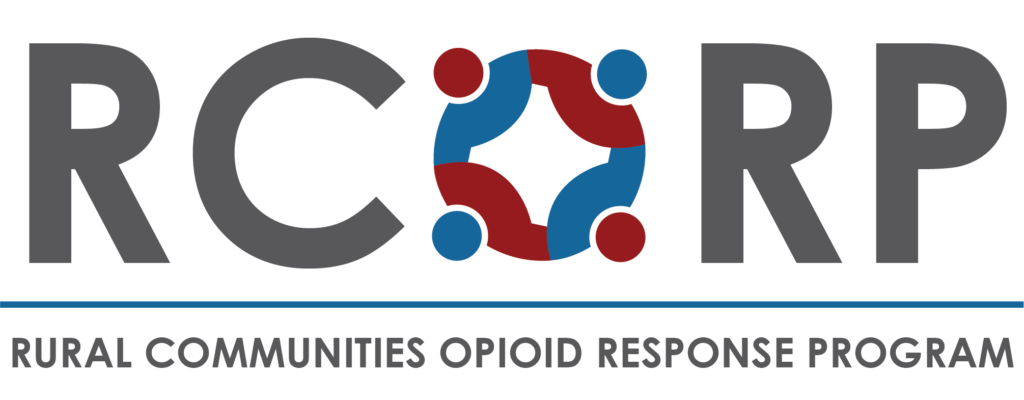Recovery Communities Organizations 101
This course covers the definition of recovery community organization(RCO), describes the types of RCO’s that support workforce and education development, and shares how you can support the startup or continuation of an RCO in your community.
Overdose Response Teams
ORTs are a multi-agency, harm reduction response unit that delivers support and person-centered services to individuals in the community who experience a non-fatal overdose.
Bridging the Racial Divide For Those Left Behind
Overview of statistical data regarding racial inequities, an examination of unconscious and conscious bias, and the creation of a culturally competent environment.
Why Addiction is a Chronic Disorder
Webinar
Motivational Interviewing: Evidence-Based Strategies and Principles for Guiding Conversations With Your Patients
In this session, Dr. Jackson shares practical ways to implement and utilize motivational interviewing (MI) in a rural healthcare setting to foster change. Dr. Jackson covers the four guiding principles of MI, the spirit of MI, and how to honor autonomy in a way that creates an environment of collaboration, empowerment, and hope. Attendees learn how to uncover what motivates their patients to change and review active listening and productive communication strategies.
Improving Prevention and Care Outcomes for LGBTQ People: Safer Spaces and Better Data Collection
This article describes key points in a presentation given by Dr. Blosnich (Assistant Professor and Director of the Center for LGBTQ+ Health Equity at the University of Southern California’s Suzanne Dworak-Peck School of Social Work). Dr. Blosnich discussed “how LGBTQ people with SUD contend not just with stigma related to SUD, but with stigma related to sexual orientation and gender identity (SOGI), which can be unintentionally yet overtly part of the health care experience in rural areas.”
For Two Award Winning Authors, Community is Crucial to Overcoming the Opioid Crisis

This article summarizes important points from the keynote speeches given by two award-winning authors at the Taking Action Summit in 2022.
“Sam Quinones and Beth Macy have spent much of their careers as journalists and authors covering this nation’s overdose crisis. Quinones’s works include his bestseller Dreamland and new book The Least of Us, and Macy’s include her bestseller Dopesick, which became a series on Hulu, and recently released Raising Lazarus. Although these authors have focused on different aspects of the crisis, in their keynote speeches they shared an overarching conviction. Community engagement—and the sense of purpose and belonging it gives rise to—is capable of turning the tide.”
Cognitive-Behavioral Therapy for Treatment Seeking

This article and toolkit describes CBT for Treatment Seeking (CBT-TS). The program seeks to overcome barriers to engagement (i.e., treatment initiation and retention) including lack of information or negative beliefs about treatment. It aims to equip rural providers to help their patients identify negative or stigmatizing beliefs and see treatment from a different perspective. The associated toolkit includes a brochure for providers that summarizes what CBT-TS is, how it can help, evidence supporting its utility, and other ways this program can provide support. A brochure for patients that clinics, centers, and/or programs can share is also available upon request.
988 Suicide and Crisis Lifeline: Increasing Awareness to Save Lives
The 988 Suicide & Crisis Lifeline, launched in July, provides a fast way for people experiencing a suicidal, mental health, or substance use disorder (SUD) crisis to urgently get help 24 hours a day, 7 days a week. This new national service can be particularly important for rural communities, extending the capacity of limited and […]
Resources for Monitoring Substance Use Trends
This article describes the websites for federal agencies and national or international organizations which can be useful sources of information about SUD trends, tools, and messaging. The highlighted websites include the National Drug Early Warning System (NDEWS), Centers for Disease Control and Prevention (CDC), National Institute on Drug Abuse (NIDA), Drug Enforcement Administration (DEA), Center for Forensic Science Research and Education (CFSRE), United Nations Office on Drugs and Crime (UNODC), and several community websites offering discussion forums.

